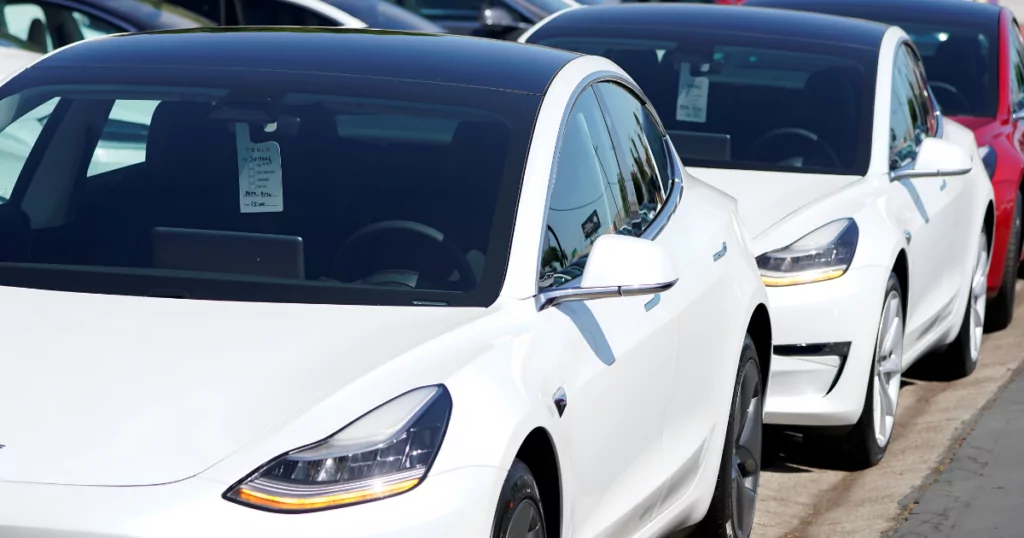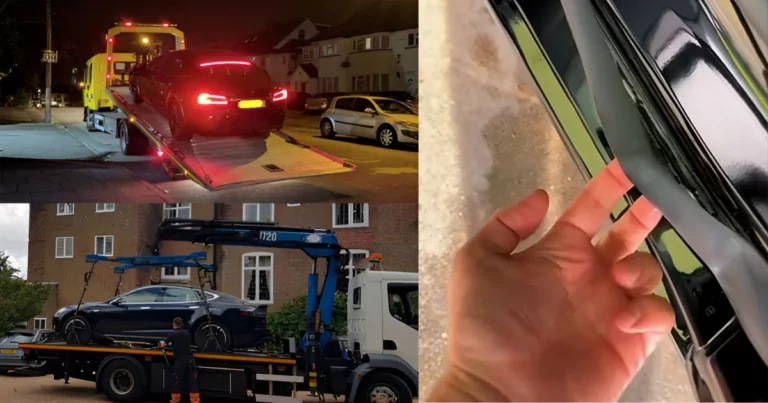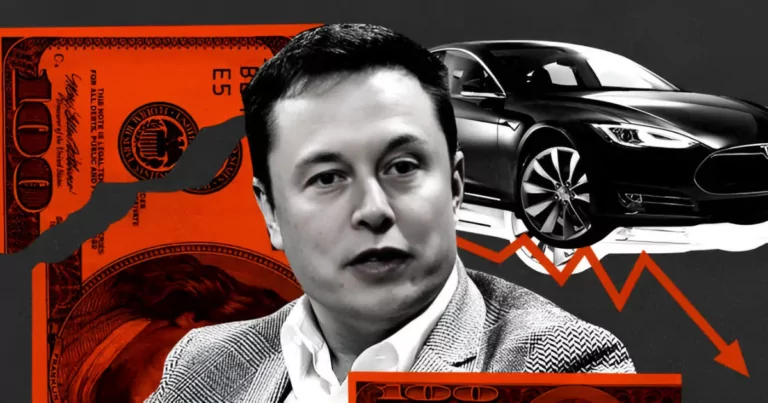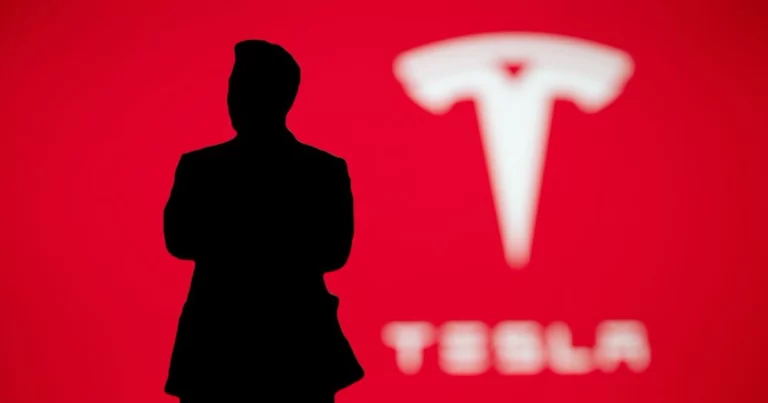For years, Tesla has dominated the electric vehicle (EV) industry, setting trends, pushing the limits of innovation, and building an almost cult-like following. However, 2024 has been a brutal year for the company, with its brand value plummeting by a staggering $15 billion.
While Tesla once stood unchallenged as the face of electric mobility, the tides are turning fast. Major competitors like Mercedes-Benz, Hyundai, Ford, and BYD are rapidly catching up, bringing cutting-edge EV technology to the table. Meanwhile, Elon Musk’s controversial public statements are further damaging Tesla’s image.
So, what’s really happening? Is Tesla’s decline just a temporary setback, or is it a sign of deeper issues within the company? Let’s dive into the major factors behind this shocking brand value drop and analyze whether Tesla can bounce back.
An Aging Product Lineup

One of the biggest issues plaguing Tesla right now is its lack of new models. While competitors are aggressively launching new EVs, Tesla’s lineup has remained relatively unchanged for years.
- The Model S and Model X, once revolutionary, now feel outdated compared to offerings from Mercedes, BMW, and Lucid.
- The Model 3 and Model Y are still strong sellers, but they are facing increasing competition from Hyundai’s Ioniq series, Ford’s Mustang Mach-E, and Volkswagen’s ID.4.
- The much-hyped Cybertruck has been delayed multiple times, raising concerns about Tesla’s ability to deliver on promises.
Meanwhile, brands like Hyundai, BYD, and even traditional automakers like Toyota are churning out fresh, feature-packed EVs at competitive prices. If Tesla doesn’t refresh its lineup soon, it risks losing its once-loyal customer base.
Elon Musk’s Controversies Are Damaging the Brand

Elon Musk has always been a polarizing figure, but in recent years, his public image has taken a major hit.
What’s going wrong?
- Unfiltered Tweets & Political Stances: Musk’s frequent social media rants on X (formerly Twitter) have alienated a significant portion of Tesla’s customer base. His comments on various political and social issues have led to boycotts and backlash, particularly from progressive buyers who once saw Tesla as a brand of the future.
- Distractions from Tesla: Musk seems more focused on his other ventures, such as SpaceX, Neuralink, and The Boring Company, rather than Tesla’s core business. Many investors and customers fear that Tesla is no longer his priority.
- Twitter Takeover Fallout: Ever since Musk acquired X, Tesla’s stock has been on a rollercoaster ride, with many believing that his focus on running the social media platform has distracted him from Tesla’s growth and innovation.
At a time when Tesla needs strong leadership and strategic decision-making, Musk’s controversial behavior is proving to be a major liability.
The EV Market is Now More Competitive Than Ever
Tesla was once the undisputed king of EVs, but the competition is fiercer than ever.
Who are Tesla’s biggest threats?
- BYD (China’s EV Giant): In 2023, BYD surpassed Tesla in total EV sales, proving that China is now a dominant player in the electric vehicle industry. With its affordable yet high-tech EVs, BYD is winning over price-conscious consumers.
- Hyundai & Kia: The Hyundai Ioniq 5 and Kia EV6 have been critically acclaimed for their design, range, and technology—posing a serious threat to Tesla’s market share.
- Mercedes-Benz & BMW: Traditional automakers have stepped up their EV game, with Mercedes’ EQ lineup and BMW’s i4 and iX models offering premium features that Tesla struggles to match.
- Ford & General Motors: The Ford Mustang Mach-E and Chevy Silverado EV are targeting the mass-market segment where Tesla once reigned supreme.
With so many strong players entering the EV market, Tesla’s first-mover advantage is fading fast.
Quality Control Issues Are Hurting Tesla’s Reputation

Despite its technological innovation, Tesla has long struggled with quality control issues.
Common complaints include:
- Panel gaps and poor fit & finish – Many customers have reported misaligned doors, uneven gaps, and paint defects, especially on early production units.
- Software glitches – Tesla’s cars are highly reliant on software, but users have faced frequent bugs, crashes, and self-driving issues.
- FSD (Full Self-Driving) Safety Concerns – Tesla’s Full Self-Driving system is still in beta, leading to several high-profile accidents and regulatory scrutiny.
Compared to brands like Lexus, Mercedes, and BMW, which are known for refined craftsmanship, Tesla still lags behind in overall quality.
Tesla’s Price Cuts Are Hurting Its Brand Value

In an attempt to compete with new EVs, Tesla has been slashing prices aggressively.
- The Model 3 and Model Y saw significant price drops in 2023 and 2024.
- While this has boosted short-term sales, it has also hurt profit margins and led to concerns about the long-term sustainability of Tesla’s pricing strategy.
- Customers who bought at higher prices feel betrayed, leading to brand dissatisfaction.
Luxury brands typically maintain stable pricing to preserve exclusivity and brand value. Tesla’s frequent price adjustments make it feel more like a budget brand, which hurts its premium image.
Can Tesla Recover From This?
Despite all these setbacks, Tesla isn’t doomed yet. The company still has several strengths that could help it recover:
- Supercharger Network: Tesla’s charging infrastructure remains the best in the world, giving it an edge over competitors.
- Strong EV Sales: Despite declining brand value, Tesla remains one of the top-selling EV brands globally.
- Autonomy Leadership: If Tesla can perfect its Full Self-Driving technology, it could revolutionize the auto industry.
However, time is running out. If Tesla doesn’t launch new models, improve quality control, and manage its public image, it risks losing its dominant position in the EV market.
Final Thoughts: Is Tesla Losing Its Spark?

Tesla’s $15 billion brand value drop in 2024 is a wake-up call. Once untouchable in the EV space, the company is now facing stiff competition, leadership challenges, and growing skepticism.
If Tesla wants to remain the leader in electric mobility, it must:
- Launch new and improved models ASAP
- Address quality control issues
- Rebuild customer trust
- Innovate beyond just software updates
Otherwise, it risks being just another player in an increasingly crowded EV market.


